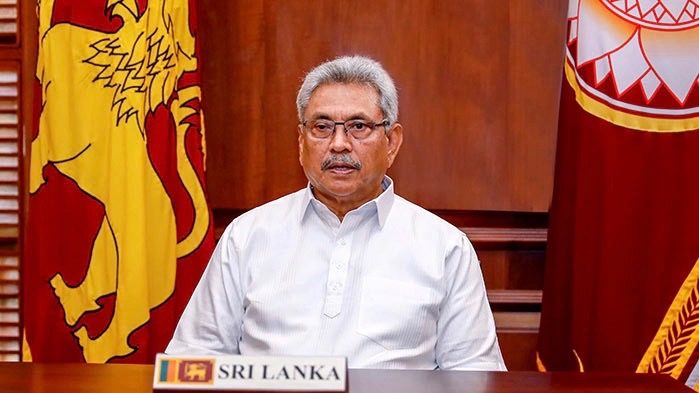
JULY 13: The country's air force confirmed the 73-year-old flew to the Maldives with his wife and two security officials.
They arrived in the capital, Male, at around 03:00 local time (22:00 GMT), BBC Sinhala understands.
Mr Rajapaksa's departure ends a family dynasty that has ruled Sri Lanka for decades.
He had been in hiding after crowds stormed his residence on Saturday.
The president had earlier pledged to resign on Wednesday 13 July. On Wednesday morning officials told Reuters news agency that he had yet to submit his letter of resignation to the parliamentary speaker.
His brother, former Finance Minister Basil Rajapaksa, has also left the country, sources have told the BBC. He is said to be heading to the US.
As Sri Lankans awoke to news of the president's departure, thousands of people took to the streets of the capital, Colombo. Many gathered at Galle Face Green, the city's main protest site. Some listened to fiery speeches at a makeshift stage set up for ordinary people to take the mic.
Punctuated by cries of "Victory to the struggle" in Sinhalese, the rallying cry of the protest movement, speakers railed against a government and the leaders they feel have failed them.
Sri Lankans blame President Rajapaksa's administration for their worst economic crisis in decades.
For months they have been struggling with daily power cuts and shortages of basics like fuel, food and medicines.
The leader, who enjoys immunity from prosecution while he is president, is believed to have wanted to flee abroad before stepping down to avoid the possibility of arrest by the new administration.








